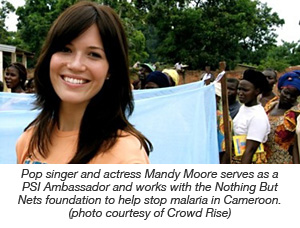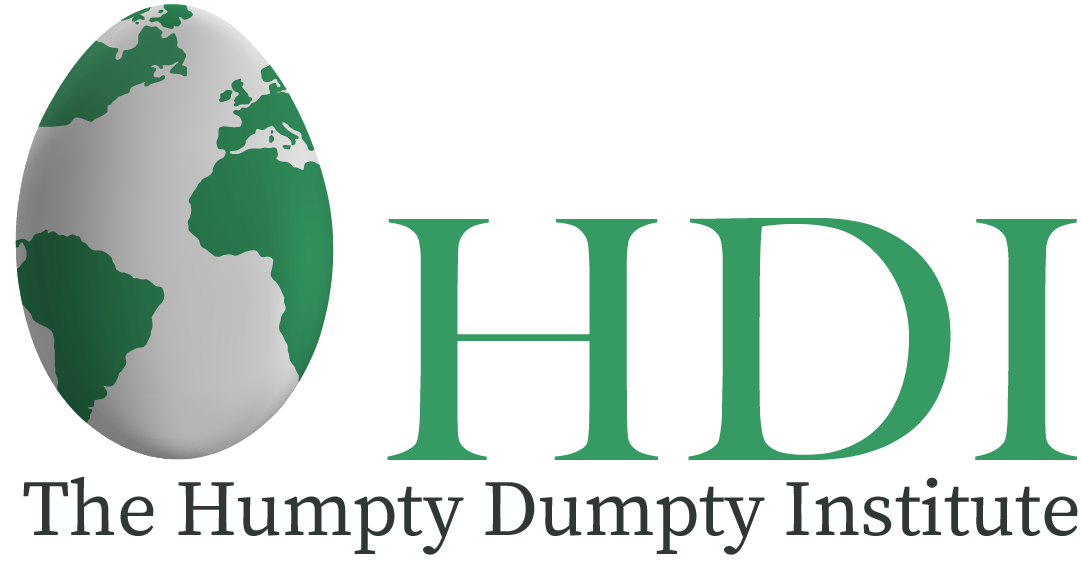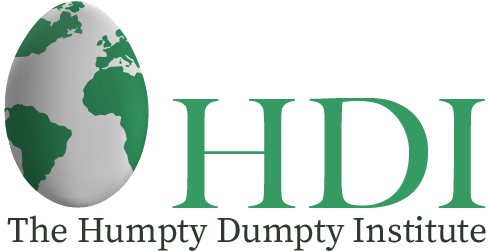Constance J. Milstein is an attorney and co-founder of Ogden CAP Properties, LLC, a premier real estate, hotel and property development and management firm.
As an Ogden CAP principal, she assists in guiding the company’s operations in New York and Washington, DC, including overseeing the three-year renovation of The Jefferson, an historic Washington hotel and landmark.
Ms. Milstein has translated her entrepreneurial skills and success into creating innovative and sustainable philanthropic projects, and her devotion to public-spirited causes such as job creation and education, medical research, the arts, and supporting veterans of the US Armed Forces and their families, is widely recognized.
In 2004, she founded Connie’s Corp., which operated Connie’s Bakery & General Store. The bakery was a socially responsible enterprise committed to empowering individuals who were homeless, unemployed or had special needs by giving them an opportunity to work and learn new culinary and business skills, with all profits going to charitable causes through her Foundation Sweet Success. Ms. Milstein is a founding Board Member of Blue Star Families, the nation’s largest support organization for US military spouses and families. Connie’s Bakery and Blue Star Families are proud to host annual holiday events for wounded warriors at the Walter Reed National Military Medical Center in Bethesda, MD.
Ms. Milstein believes no military veteran who wants to work should be unemployed. So in 2013, Foundation Sweet Success formed a joint venture with the newly-launched non-profit Dog Tag Bakery organization (DTB), based in Washington, DC, that will feature Connie’s baked goods. In addition to providing employment for disabled military veterans and their spouses, DTB - through a cooperative arrangement with the School of Continuing Studies at Georgetown University - will provide practical education and training in the culinary arts and entrepreneurship so participants can later pursue jobs and business ventures on their own. DTB will commence full operation in 2014 with a production, training and retail facility in Georgetown, Washington DC.
Ms. Milstein is actively engaged in global education and international humanitarian efforts, and is a longtime supporter of the United Nations. She is a former board member of UN Watch based in Geneva, Switzerland, serves as a Board Member Emeritus of Refugees International, and is a member of the Board of Overseers of the Seton Hall University School of Diplomacy. A decade ago, as a member of the United Nations Association of the United States of America (UNA-USA), Ms. Milstein conceived and underwrote the Global Classrooms project of the United Nations Association, providing conflict resolution skills to underprivileged children in high schools around the New York City metro area.
She co-founded the Humpty Dumpty Institute (HDI), a non-profit organization that works with the United Nations and public-private partnerships to implement large-scale humanitarian projects in developing countries. During her tenure with HDI, she pioneered programs to foster Congressional relationships with senior level UN Representatives and Ambassadors - with an emphasis on bringing women leaders to the table - in order to create greater dialogue and understanding of how to work together to address major global issues. HDI has a Congressional Advisory Board of more than 20 sitting Members of the US Congress and has worked with governments all over the world since 2005 on projects ranging from literacy to hunger relief to landmine excavation and removal.
Ms. Milstein has worked in cooperation with the Third Way Foundation and other partners to orchestrate and coordinate conferences that broadened the global political conversation on how governments can advance progressive goals within the reality of the new economy. In 2002, Ms. Milstein personally chaired an historic gathering of current and prospective transatlantic leaders at Hartwell House in the United Kingdom to discuss global political challenges and cooperation; participants included President William J. Clinton, then - Prime Minister Tony Blair and Chancellor of the Exchequer Gordon Brown, as well as many other European and American political leaders. She has served as Treasurer and as Counselor to the Chairman of the Democratic Governors Association (DGA) and as a former Board Member of the National Democratic Institute.
Ms. Milstein’s humanitarian efforts expand into the fields of medicine and healthcare, as well. She is a staunch supporter of heart research dating back to her first job working for the North Carolina Heart Association. She was the driving force behind the creation of the Vivian and Seymour Milstein Family Heart Center, a world-renowned facility which opened in 2010 that offers comprehensive, interdisciplinary cardiovascular care at New York - Presbyterian Hospital. Ms. Milstein has been an active member of the hospital’s Board of Trustees since 2000 and sits on the Quality and Performance Improvement Committee as well as the Real Estate and Major Facilities Committee, and the Joint Conference Committee.
Ms. Milstein helped launch Medical Missions for Children, a charity located on the campus of St. Joseph's Children's Hospital in Paterson, NJ which provides healthcare via telemedicine and teaching networks to young critically-ill patients in more than 100 developing countries. She also provides considerable support to LUNGevity Foundation, an organization committed to combatting lung cancer and serves on the Board of Directors of Citizens United for Research in Epilepsy (CURE), a non-profit organization dedicated to finding a cure for epilepsy.
Ms. Milstein earned her undergraduate degree from New York University (NYU) and her J.D. cum laude from the North Carolina Central University Law School, where she served as Comment Editor of the North Carolina Central Law Journal (in 2007 the name was changed to NC Central Law Review). She currently serves as a Trustee of New York University, which conferred upon her the 2009 College of Arts and Science Distinguished Service Award and the Albert Gallatin Medal for Outstanding Contributions to Society in 2010.
Devoted to helping develop young minds, Ms. Milstein conceived of a program to promote 21st century education, and provided critical guidance and support for the expansion of NYU into the nation’s capital. The Constance Milstein and Family Global Academic Center at New York University’s Washington, DC campus prepares future leaders by supplementing academic training with job and internship opportunities in government, politics, public administration, and journalism education and research.
A supporter of and contributor to the arts, Ms. Milstein serves as a member of the Kennedy Center International Committee on the Arts, an advisory board comprised of arts advocates from the US and overseas who support the international exchange of ideas and cultural programming at The Kennedy Center. She is a member of the National Symphony Orchestra Board of Directors, serves as a Trustee of the Washington National Opera and was Chair of the 2013 National Opera Ball. She has also served as Board member of the historic Ford’s Theater in Washington, DC.
Ms. Milstein has been honored for her service and generosity with many awards, including the prestigious 2000 National Human Relations Award by UN Watch and its parent organization, the American Jewish Committee. In 2004, Ms. Milstein received the Celine Marcus Award from the New York Neighborhood Coalition for Shelter for her long-time advocacy for the homeless. Other honors include YWCA’s 2006 Salute to Women and Racial Justice Award for outstanding achievement in business and the 2007 Urban Visionary by Cooper Union for outstanding urban citizenship.
Ms. Milstein is the proud mother of two daughters and a granddaughter. She is married to the The Count de La Haye Saint Hilaire and carries the title of The Countess de La Haye Saint Hilaire. The couple resides in Washington, DC, as well as Old Greenwich, CT and Normandy, France. She speaks French and conversational Italian and Spanish.



















